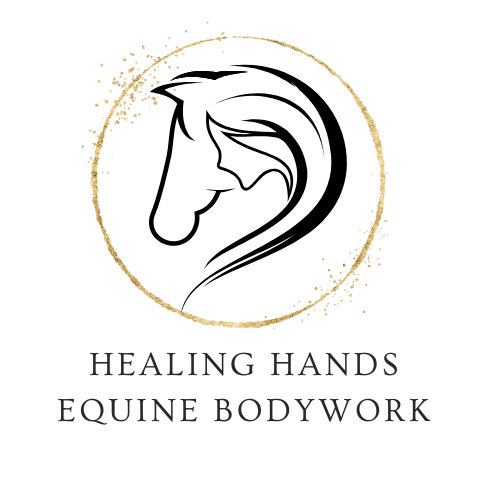Fix it or maintain?
I was recently asked why I counsel my clients to have their horse worked on regularly instead of coming out when things need "fixing" so to speak. So I used the analogy of owning a car.
Most of us can relate to this. When you get a car, you have to do certain things to keep it going. You obviously have to put in gas and you hopefully have a garage to park it in. But that's not all. You perform oil changes, check the tire pressure, check the fluids, take it to the car wash. What would happen if you didn't do any of these things? Would your car operate? Of course, but then problems would pop up and now you have to fix them, and the car would never really run the same because some damage can't be fixed. And even though you fixed the issue, problems keep popping up. You spend money on the mechanics and parts, you are frustrated because the car is in the shop again. You have to get a rental or play musical cars while it's in the shop...you get the picture. It's frankly an inconvenience. If you are interested in performance, responsiveness and maintaining your investment in your car, you would have a regular maintenance program.
The same principles apply to your horse, especially if you ride/train/show regularly. Your training/riding schedule is like putting miles on your car. It takes more than good feed (gas in the tank) and a nice stall (parking in the garage) to have a well-performing partner. To get the best performance from you horse, his soft tissues such as muscles, tendons and ligaments and his joints need to function well. Kind of like a well-oiled machine if you don't mind the pun.
With a regular program, you are able to reduce or eliminate stiffness and soreness, increase range of motion and create greater balance, increase responsiveness to your aids and requests, and all together achieve better performance.
But more importantly, you become increasingly aware of when things just aren't right. You will change your perception when your horse is showing resistance or isn't performing quite as well. You become more in tune with him by gaining a greater awareness of how his body works and how you can influence him, and in turn, your horse will not only trust you more, but he will also tune more into you. You frankly gain not just another tool to help you achieve YOUR goals, you gain an entire tool box.
And when your horse knows you get what he is communicating, you become a better team.
Send me an email if you are interested in learning more about my program "Performance Through Connection". I'd love to show you what's possible.
